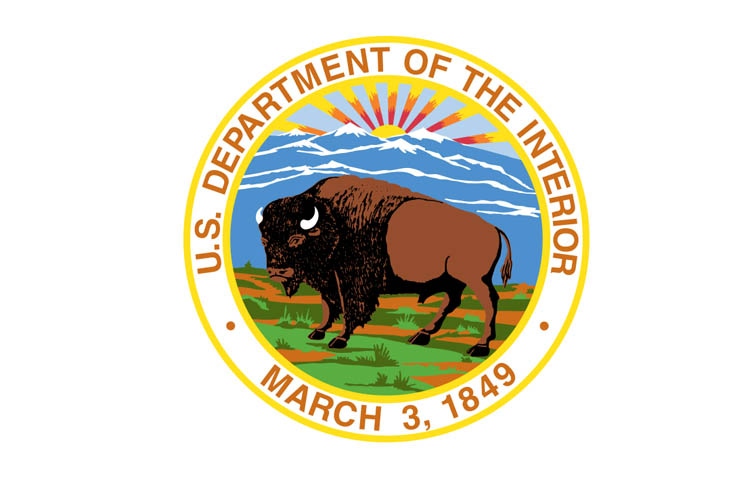
Calling the Endangered Species Act abused by activists and the U.S. Fish & Wildlife Service (USFWS), Texas Agriculture Commissioner Todd Staples, in testimony to the United States House of Representatives Committee on Natural Resources this week, warned that such abuse threatens the economy and the rights of rural land holders.
The committee is holding an oversight hearing, titled “Taxpayer-Funded Litigation: Benefitting Lawyers and Harming Species, Jobs and Schools,” which is examining how litigious groups use the Endangered Species Act and other federal laws to hinder species recovery, jobs and education.
“It is clear the ESA has been used to accomplish the goals of radicals and those seeking to expand the reach of government,” Staples communicated to the Committee in a prepared statement of testimony. “Congress needs to step in to end this game of ‘endangered chicken’ once and for all. The U.S. Fish and Wildlife Service is recklessly driving the taxpayers’ truck on a collision course with our economy, food producers, true species steward landowners and taxpayers. Let’s hope Congress takes the keys away before more damage is done.”
Staples has long been critical of what he terms the over use and abuse of the act and says Congressional action is the only way to stop what he calls the radical use of legislation which can be a detriment of the species the law was intended to protect.
“I implore Congress to take action to provide true relief to the people of Texas and the United States. The perversion of the Endangered Species Act continues to create victims and take hostages,” Staples said in his testimony.
The Commissioner testified that Congress needs to act now to provide relief to landowners, states and businesses that are being “deprived of property and the opportunity to work and create jobs. He accused activists of attempting to grab land and water “upon which Americans depend.
“Approximately 84 percent of the land in Texas is in privately-owned farms, ranches and forests. Our landowners are responsible for managing the natural resources that sustain our state’s population of 26 million; feed and clothe the world; provide a healthy environment; and create the jobs that power our economy. We believe in sound decision making, private property owners’ rights and the fact that government is not the answer to every problem. The execution of the ESA conflicts with these principles and has been a source of concern for Texans for decades,” Staples’ written testimony reads.
Suffocating opportunity
Staples told the Committee that rather than supporting proven conservation efforts, the Endangered Species Act has been used to suffocate opportunities that promote species propagation through non-governmental, non-regulatory methods.
“Texas landowners understand the value of natural resource preservation. Based on a conservative estimate, billions of dollars have been invested to implement proven technologies that preserve our natural resources by, among other things, controlling erosion, improving water quality and eradicating invasive species.” Staples said. “A sad irony of the implementation of the Endangered Species Act is that it promotes regulation over incentives, often to the detriment of the species it proposes to protect. Rather than supporting proven conservation efforts, the ESA has been used to suffocate opportunities that promote species propagation through non-governmental, non-regulatory methods.”
The Commissioner testified that the ESA “has been used to accomplish the goals of radicals and those seeking to expand the reach of government.” Interestingly, he noted, a more recent shift in implementation is the focus on casting regulation as voluntary. He said traditionally Texas farmers, ranchers and landowners have appreciated the concept of voluntary conservation and often participated in those efforts.
“With a history that includes decimation of agriculture to protect the spotted owl and the delta smelt, the need for Congress to stop the abuse of the ESA could never be more pressing. With approximately 20 new species listings on USFWS’ agenda, we must conclude that future designations could result in large swaths of Texas being declared habitat for endangered or threatened animals, resulting in one of the largest land and water grabs in modern times,” Staples concluded.
About the Author(s)
You May Also Like






